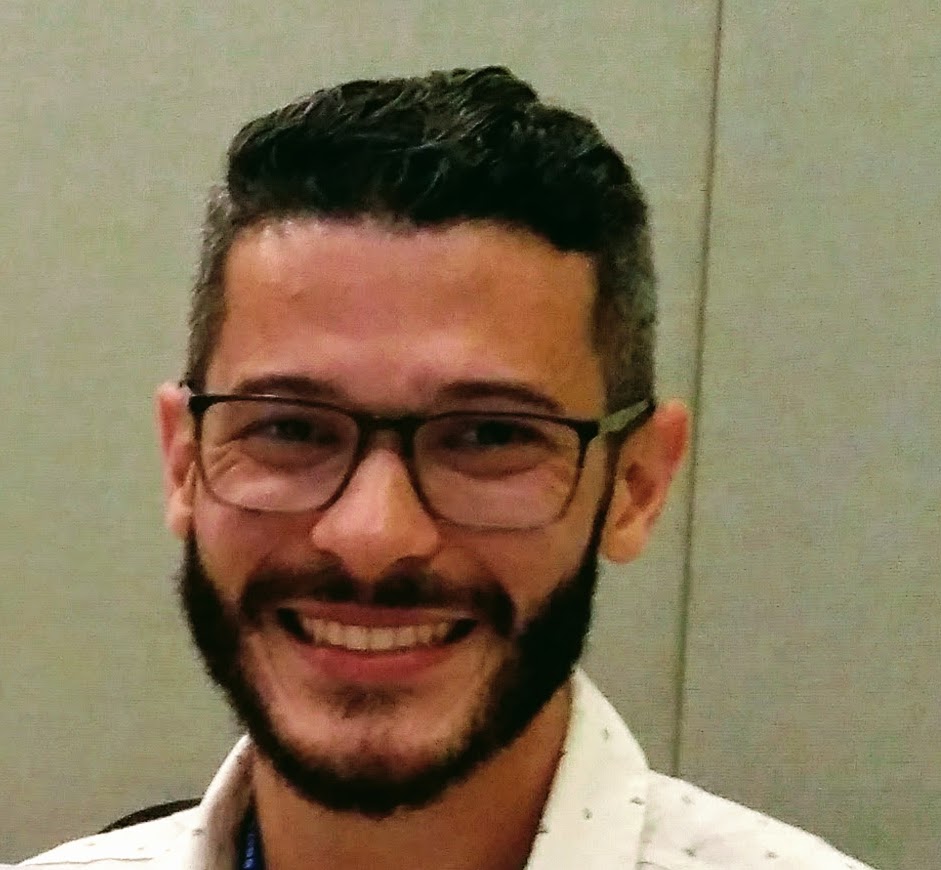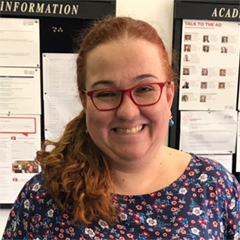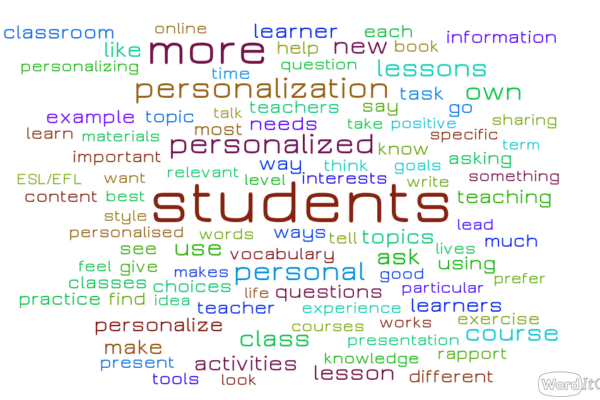Good teachers don’t stand on students’ ways
This might sound a bit too harsh, but we do sometimes hinder learning. The title of this text was borrowed from a famous saying in football, made popular by the controversial former player Romario, now a politician. He was a very successful and undoubtedly talented player and worked with a large number of coaches throughout his career. He was always very critical to his coaches and peers and did not use to keep his mouth shut when he did not agree with them. According to this idea, the first requirement for a good coach is to not hinder their athletes capabilities, by making things more complicated than they are. The work of sports coaches resembles in many ways that of the teacher; they provide training sessions that help athletes improve their individual skills, create routines to set how the players organize themselves during games, keep motivation at the highest level and maximize teamwork and positive atmosphere.
Our students, just like the vast majority of players and unlike Romário, do not shout out that the teacher and the lessons are not making them improve, either because they are not sufficiently aware or because they somehow fear the consequences. Recently, I have taken some lessons in academic environment (not related to English). I found myself in that scenario, feeling I was not improving and that sometimes the actions the teachers took actually had the opposite effect.
Some of the subjects I was studying were related to Maths. Yeah, I know. You can imagine that, being a teacher in the Humanities field and having this background, I am not a Maths genius. Even so, I found myself having difficulties which I immediately found out were shared by many peers. When we asked for clarification we would see the teacher replying by saying that it was very simple. Not in a tone that introduced a gentle and simple guidance through the resolution, but more like “how could you not know that?” and magically transforming 2365 into 100100111101, out of his memory (or out of the blue) and moving on like it was clear. What was certainly really simple in the teacher’s mind was a real mess in our heads. I wonder if on that same day, after this lesson, the teacher complained in the staff room about how students cannot get such an easy stream of thought. This takes me directly to our context. To be honest, how many times have we done or seen our colleagues doing the same? Have we never wondered how our students couldn’t understand the verb to be or something that looks that simple to us? Not being open to any – ANY – kind of question on what you are teaching makes students feel unsupported and that is the worst feeling that a teacher-student relationship could generate or bear. Instead, we should believe students’ questions are invariably valid and guide learners with the simplest tips you could possibly think of. Only then, advance to the next steps.
Advancing to next steps is also quite tricky; if done with wrong timing, it can hinder students sense of achievement and make them feel as they cannot improve even when they are actually doing so. Just because the learner did not successfully put into practice what they have learned, they might feel uncomfortable to go one step further and, as a consequence, not perform as well as they could. Thus, we should always try to make sure they are set to move on. Break down into parts, go step by step, make it simple. For instance, we frequently have those lessons in which we need to revise differences among past forms. Don’t teach the differences between past forms without first making sure students can remember form and meaning of each of them. Or those lessons on the difference between “do” and “make”; don’t go through their differences without being certain that students are actually acquainted with a relatively high number of collocations with each. Both of these examples are about building momentum, getting learners confident to move on.
To be honest, there were other days when I could feel exactly what Romario said – even though I am not half as good at Maths as Romario was at football. What I take from this experience as a student to my practice as a teacher is to keep the following points in mind at all times; first, let us be honest, the vast majority of our students are not language enthusiasts, so they will not find the same beauty and simplicity as we find in English. Remember when you were a student and you probably were the only one in the classroom who would feel excited about grammar (maybe one or two more, if any)? Consider that and don’t skip the simplest parts and don’t expect students to find the same ease and excitement as you. Also, align expectations and be very clear about them,especially when it comes to tests. To most teachers, tests are just a part of the process and we (hopefully) don’t see them defining our students and their capabilities. However, to the learners that is what tests are. This is the result of centuries of an educational culture that overemphasizes tests and certificates. Regardless of the reasons, it is there and students feel it. There is an enormous tension and expectation about tests and, due to that, a test should never be the greatest challenge students will face during a term – they should be at most the same level as their regular practice.
Learning a new language is challenging enough. We should be really careful not to be unnecessary challenges ourselve. Watch yourself while teaching and see what roles you tend to play in your lessons and how effectively they are helping, instead of hindering learning.






